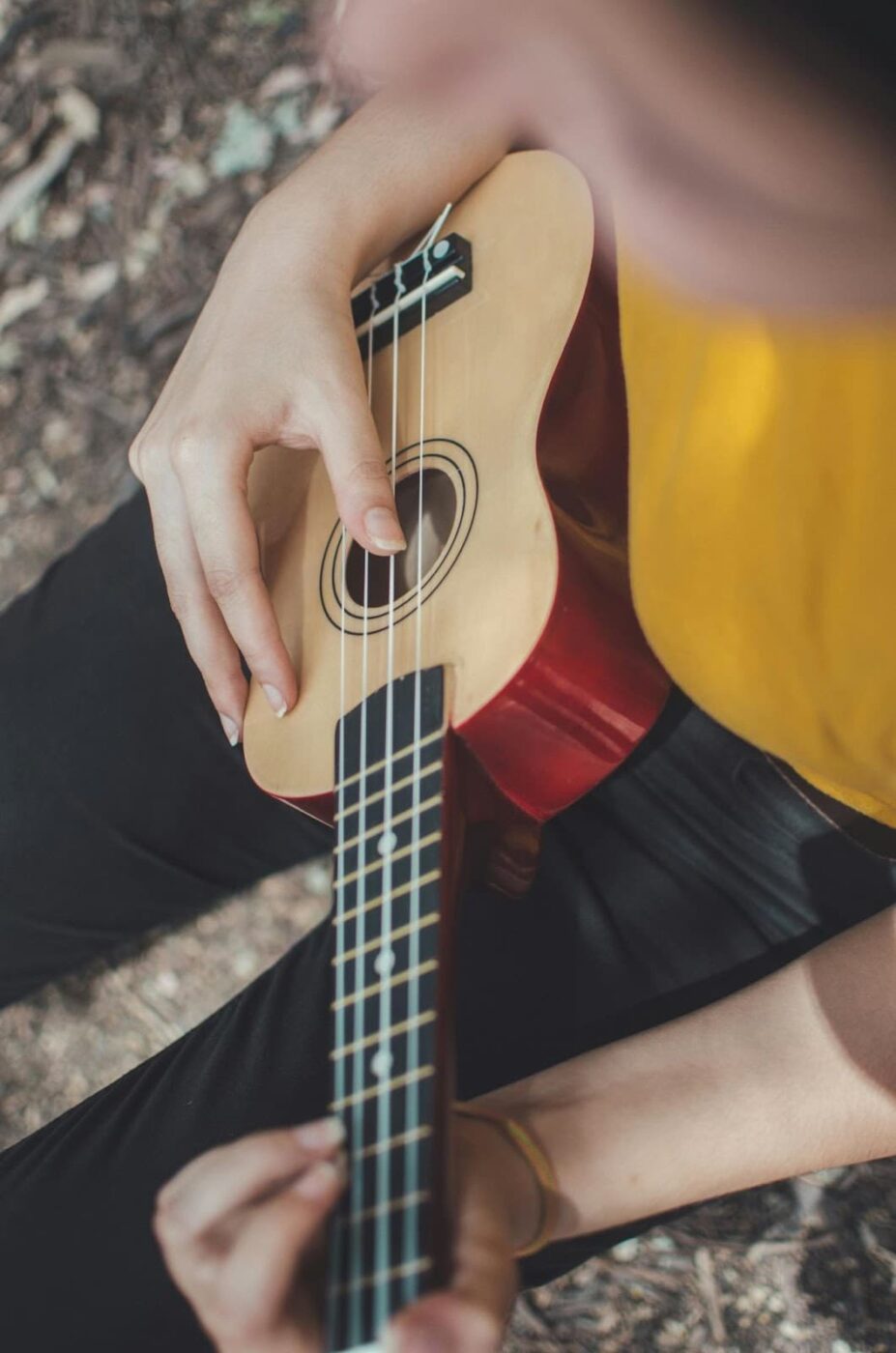Have you ever thought about learning to play a musical instrument but felt like it’s too late? Maybe you think you’re “too old” or that the learning curve will be too steep. Well, let me tell you, that’s absolutely not true! In fact, it’s possible to learn to play an instrument at any age. Whether you’re a child, teenager, adult, or even a senior, it’s never too late to pick up an instrument and dive into the world of music. I know this from personal experience, and in this article, I’ll share some simple tips that helped me and can help you, too. Just like discovering the best online casinos Australia can be exciting at any time, learning an instrument brings joy no matter when you start.
Why Learn to Play an Instrument?
First, let’s start with a question: why would you want to learn to play an instrument? For me, it started as a way to relax and challenge myself. I always loved music, but never thought I’d be able to play an instrument, especially as an adult. The idea seemed intimidating. But once I started, I realized that learning to play an instrument is not only fun but also rewarding. It helps with concentration, improves memory, and gives you a new creative outlet.
It’s easy to think that only kids can learn music, but the truth is, your brain can adapt and learn new skills at any age. And the best part? It’s never about becoming a professional. It’s about the joy of learning, enjoying the process, and seeing your progress over time.
Steps to Get Started
So, how do you actually start learning to play an instrument, especially if you’re a complete beginner? Here’s a simple guide based on my own journey:
Choose an instrument you love
First things first: pick an instrument that you genuinely enjoy. Don’t just go for what’s trendy or popular. If you love the sound of the piano, pick that. If the guitar always fascinated you, that’s your instrument. The key is to find something that excites you because that excitement will keep you motivated.
Start slow and be patient
No one becomes a musician overnight. Be patient with yourself. It’s okay to start slow and gradually build up your skills. In my experience, I started with just 10 minutes a day, and that was enough to get comfortable with the basics.

Use online resources or take a class
Nowadays, you don’t even have to leave your house to learn music. There are plenty of online resources, including tutorials and free sheet music, that can guide you. If you prefer a more structured approach, you can join a local class or even take virtual lessons. The key is consistency, not speed.
Practice with easy sheet music
One of the best ways to learn is by using The First Sheet Music, a simple resource that helps beginners get comfortable with reading and playing notes. When I started, I found that using beginner sheet music helped me understand how the notes fit together, making the learning process smoother.
Have fun!
At the end of the day, learning an instrument should be fun! Don’t put too much pressure on yourself to be perfect. Just enjoy making music, no matter how simple or complex it may be.
How to Stay Motivated?
Now, let’s talk about motivation. There will be days when you feel like you’re not making any progress, and that’s completely normal. I’ve had plenty of those days. Here’s what helped me stay on track:
- Set small goals: Instead of aiming to play a full song right away, set smaller goals like learning a new chord or mastering a simple melody.
- Track your progress: Keep a practice journal where you note what you’ve learned each day. It’s encouraging to see how far you’ve come!
- Celebrate small wins: Did you finally learn that tricky section? Celebrate it! Every achievement counts.
Learning as a Child vs. Learning as an Adult
One thing many people wonder is whether it’s harder to learn an instrument as an adult compared to a child. Here’s what I’ve found:
| Aspect | Learning as a Child | Learning as an Adult |
|---|---|---|
| Time commitment | Usually more time to practice | Less time due to work/family |
| Patience | Often gets frustrated quickly | More patience to work through challenges |
| Learning speed | Learns faster but may forget quickly | Learns slower but retains knowledge longer |
| Motivation | May need external motivation | Self-motivated by personal interest |
While kids might learn faster, adults have the advantage of being more self-motivated and disciplined. So, if you’re an adult, don’t let age stop you!
In conclusion, learning to play an instrument is an incredibly rewarding journey, no matter your age. It’s not about how fast you can learn, but about enjoying the process and growing as a musician. Whether you’re 20, 40, or 60 years old, you can pick up an instrument and create beautiful music. I encourage you to give it a try. Grab that first sheet music, start slow, and most importantly, have fun with it! You’ll be amazed at how far you can go with a bit of practice and dedication.
FAQ
Is it too late to start learning an instrument as an adult?
No, it’s never too late! You can learn to play at any age with patience and practice.
Do I need to know how to read sheet music to learn an instrument?
Not necessarily, but it helps. You can start with simple tutorials and pick up reading sheet music as you go.
How much time should I practice each day?
Start with just 10-15 minutes a day and gradually increase as you get more comfortable.